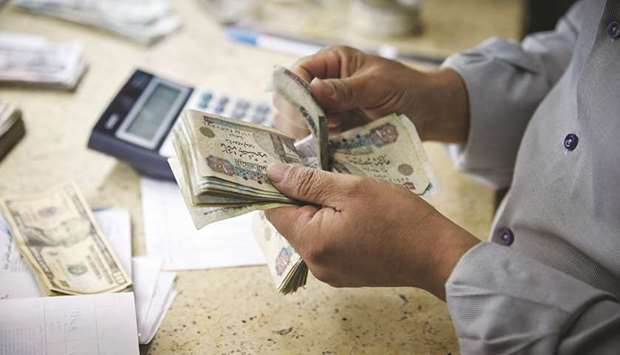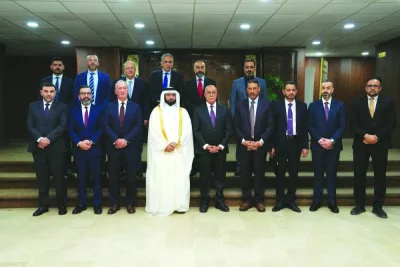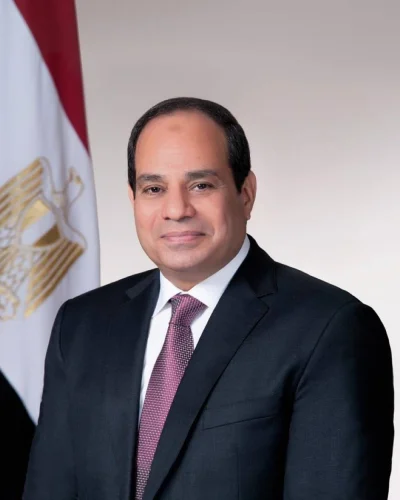The decision of Egypt’s newly appointed Finance Minister Mohamed Maait to issue the first-ever international sukuk in the country’s next fiscal year – at a so far unspecified volume, but it is expected to be in billions of US dollars – puts the Islamic finance policies of the North African nation in the spotlight. The move comes as Egypt, which is currently on a huge investment spree into infrastructure and urban development including new cities and even a new capital, is in dire need for financing but has not fully tapped the potential of Islamic finance yet.
It is the common perception that the development of Islamic banking in Egypt is being held back by hesitant policies by the central bank to develop a solid regulation and otherwise by the government’s indecisiveness on how to deal with the industry as a whole.
Overall, the Central Bank of Egypt has been exploring Islamic finance in recent years, but so far no new regulations have been issued. Officials of the finance ministry in the past years repeatedly announced their intention to issue sukuk, but did not come up with respective plans until the above mentioned announcement by Finance Minister Mohamed Maait in mid-October 2018.
One reason is that there are still voices in the government that associate Islamic finance with policies of the Muslim Brotherhood and are opposing it for political reasons. In fact, under the presidency of Muslim Brotherhood-affiliated Mohamed Mursi in 2012 and 2013, the government sought to bolster Islamic finance by reforming the banking sector, but his overthrow put an end to the plans only until a soft re-awakening and re-acknowledgement of the benefits of Islamic finance in the recent past took slowly place.
To put the potential into perspective: As per end-2017, Islamic finance assets in Egypt added up to about $12.8bn, which is a market share of less than 6% of all banking assets in the country, according to the Egyptian Islamic Finance Association, which forecasts growth to slightly over $14bn in Shariah-compliant assets this year. Those assets are kept by just three fully-fledged Islamic banks, namely Faisal Islamic Bank of Egypt, Al Baraka Bank-Egypt and Abu Dhabi Islamic Bank of Egypt, a dozen banks with Islamic windows such as National Bank for Development, Egyptian Gulf Bank, Egyptian Saudi Finance Bank and Agricultural Bank of Egypt, as well as nine takaful companies.
In contrast, banking penetration in Egypt is among the lowest in the Middle East and North Africa, with less than 15% of working-age Egyptians holding bank accounts, while around 90% of its 95mn-population is of Muslim faith.
This alone illustrates the big potential for Islamic banks to serve retail, small and medium enterprise and corporate clients, but would also require new and attractive products that are able to compete with conventional finance offerings and convince the unbanked to use professional Islamic banking services through low-income banking products or Islamic microfinance.
The latter could also unleash the social impact of Islamic finance and create new opportunities for underdeveloped communities in Egypt, a strategy that is, for example, being implemented in Indonesia, Morocco and Turkey, countries with a similar low market share of Shariah-compliant banking in relation to their large Muslim population which are also seeking to expand the Islamic finance industry.
Furthermore, in Egypt there is need to create platforms and brokerages for the launch and trading of Shariah-compliant financial products, and also for adequately skilled bankers and religious scholars for Shariah boards in Islamic banks, all challenges the government has yet to face.
Andrew Cunningham, a financial analyst with focus on the Middle East and consultant to the International Finance Corp, makes a point: “In permitting the issuance of corporate sukuk, the Egyptian corporate sector would get access to a new pool of investors and Egyptian financial institutions capture some market share in the Shariah-compliant industry. An expansion of Shariah-compliant retail financial services would embed Islamic finance into the fabric of society, putting on display a successful aspect of the alternative Shariah-led vision of society,” he says, recommending an open stance of the Egypt government towards Islamic finance.

A man counts Egyptian pounds banknotes at a foreign currency exchange bureau in Cairo. It is the common perception that the development of Islamic banking in Egypt is being held back by hesitant policies by the central bank to develop a solid regulation and also by the government’s indecisiveness on how to deal with the industry as a whole.


